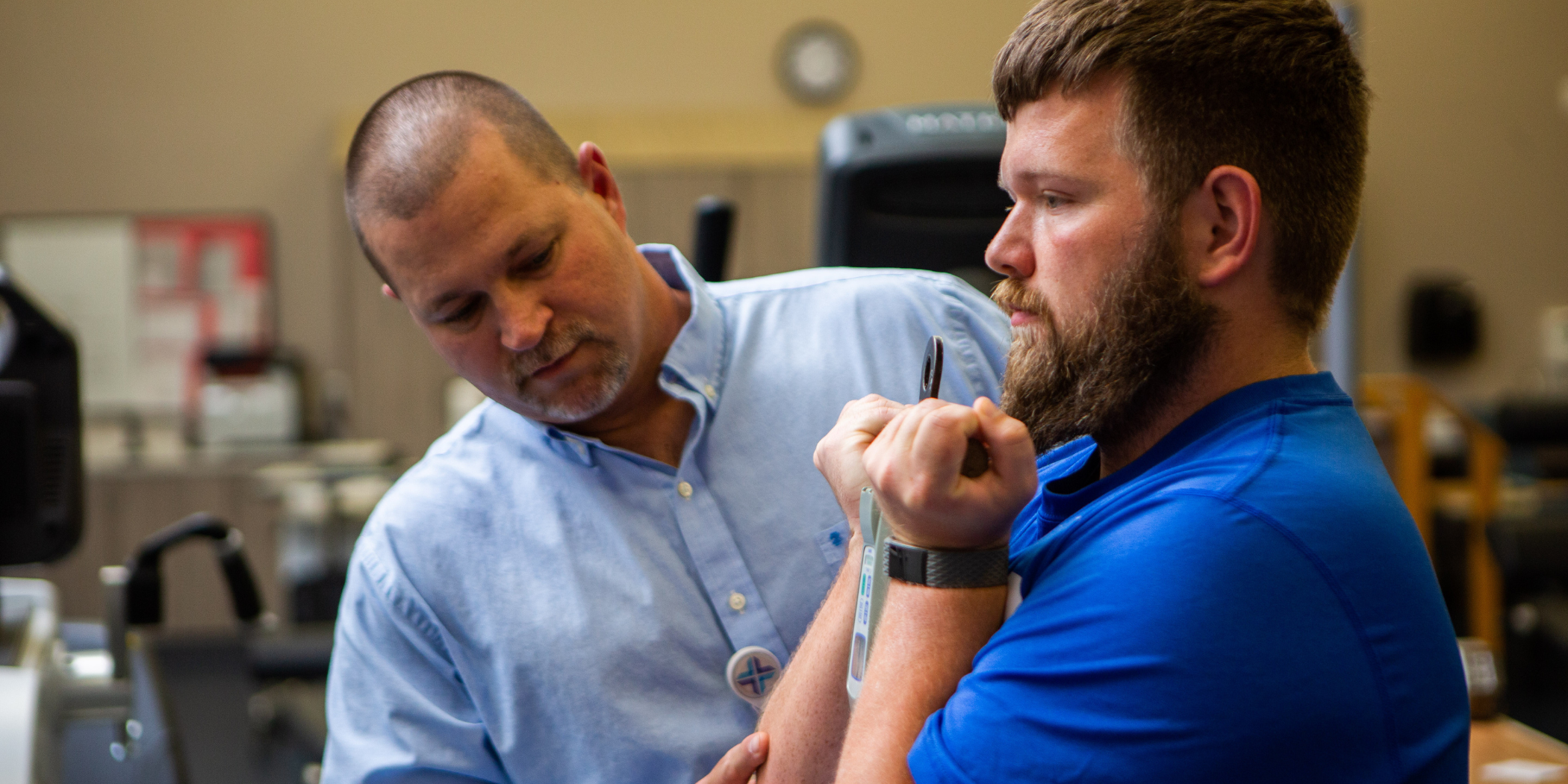
The sunshine vitamin: A star in the nutrition universe
Known as the “sunshine vitamin,” vitamin D is unique in that it can be made by the body when skin is exposed to ultraviolet, or UV, rays.
Vitamin D's vital role in bone health was recognized in the early 1900s when rickets became a major public health concern. Rickets is the softening of the bones resulting in bowed legs. Identifying the connection between Vitamin D and the disease the development of a vitamin D-fortified milk.
A number of years later, we continue to acknowledge the co-starring roles of vitamin D and calcium in the battle against osteoporosis, a disease causing increased risk of bone fractures.
Recently, vitamin D has begun to shine even brighter as information about other potential health benefits emerge. There are rays of hope for its impact in preventing cancer, diabetes, multiple sclerosis and other medical issues.
Quest for D
Natural dietary sources of vitamin D are not widely available. Fatty fish (such as salmon, tuna and mackerel) is a rich source, and somewhat smaller amounts are found in beef liver, egg yolks and cheese. Fortification of foods like milk, cereals, and some brands of orange juice, yogurt, and margarine have improved our ability to meet vitamin D needs through diet.
Ultraviolet Illumination
Vitamin D requirements may be met solely through sun exposure. However, the season, time of day, cloud cover, pollution and smog, melanin content of the skin, amount of exposed skin and sunscreen usage all impact the synthesis of vitamin D. This makes it difficult to pinpoint the length of time that UV exposure is needed to meet daily vitamin D requirements. It must be noted that, due to the risk of skin cancer, excessive time in the sun or tanning beds is not recommended.
Sunshine in a Bottle
For individuals who have limited intake of vitamin D-rich foods, as well as limited sun exposure, supplements are available. Before taking any vitamins, it is important to check with your healthcare provider, because supplemental vitamin D may be toxic or interfere with other medications. Vitamin D should not be substituted for other medically prescribed therapies. For stellar health, each individual's specific needs must be considered.
Talk to your physician to see if they feel you are getting enough vitamin D in your diet.











